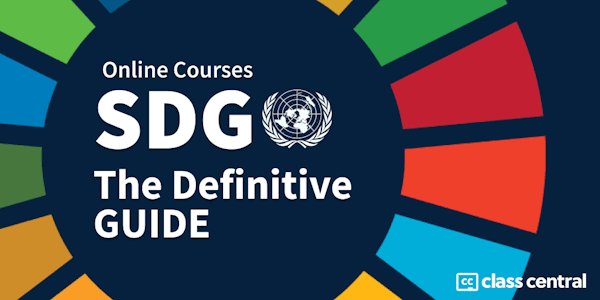Overview
This course gives you an introduction to the fundamentals of solar power as it applies to solar panel system installations. You will learn to compare solar energy to other energy resources and explain how solar panels, or photovoltaics (PV for short), convert sunlight to electricity. You will be able to identify the key components needed in a basic photovoltaic (solar panel) system, such as is found on a house or building, and explain the function of each component in the system. You will also learn how to calculate the electrical demand of a building, how to reduce the overall demand, and then how to design a solar panel system that can meet that annual demand at a given location. You will also compare the different types of pricing models that are being used and key regulatory considerations for grid tied systems (where a house or building is connected to the electrical grid and also generates electricity from solar panels). A capstone design project that entails both the simple audit of a building to determine demand, and a selection of components to design a solar panel system to meet that demand.
Syllabus
- Introduction to solar power systems
- Welcome! This first module will give you an introduction to the various forms of energy available to us on the Earth and how solar power fits into the overall mix. It will also introduce you to the various parts that go into that solar panel system you see on a house or other building, both the obvious parts and the less obvious pieces. Lastly, you'll learn how to calculate the efficiency of a solar panel as it takes in light energy from the sun and converts it to electricity.
- Determining energy needs and sizing a PV system
- Before you design a PV system for a home or commercial building, you need to know how much energy is being used at that location. That energy need helps you determine the size requirements of a PV system to meet that energy need. You also need to know how much energy can be produced by a PV system, because it varies based on the amount of sunlight available. In this week's module you will learn how to differentiate and calculate power and energy for both energy consuming appliances and energy producing photovoltaics, and then apply those concepts and calculations to assessing energy needs and energy production potential at a site.
- The growth of photovoltaic markets
- Photovoltaics is a growth industry. In this module you will be learning about the historical development of photovoltaics, the current trends, and some of the future forecasts of the market both globally and with a little bit of a closer look at the United States. Finally, you'll be learning about the segmentation of photovoltaics into different applications beyond just solar panels on a house or a solar farm.
- Infrastructure of Photovoltaics
- The field of photovoltaics engages many people filling many different roles. In this module you will learn about the different stakeholders and job opportunities in PV. You'll also learn about some different certifications available to those already working in the photovoltaics industry and for those interested in joining the field. You'll also learn about the different financial models associated with PV systems that underpin the implementation of on-grid PV systems. When you finish this module I would recommend at least starting your work on the capstone project rather than waiting until the following week.
- Basics of Solar Power Capstone
- In the capstone project you will be applying some of key skills you have learned so far in this specialization. You will need to evaluate a site's location, calculate it's energy consumption and try to reduce it's load, and then design a solar array capable of meeting it's total energy load using data from commercial modules and using a simplified assumption about system efficiency as we have been doing in this course.
Taught by
Neal Abrams
Tags
Reviews
5.0 rating, based on 1 Class Central review
4.8 rating at Coursera based on 2427 ratings
Showing Class Central Sort
-
I am bhooshan patel . I am studying in B.tech 3yr (AE) ,i want to do summer training offline from special institute but during lockdown i can't this summer training offline so i want to do summer training online courses class .so please accept this review





